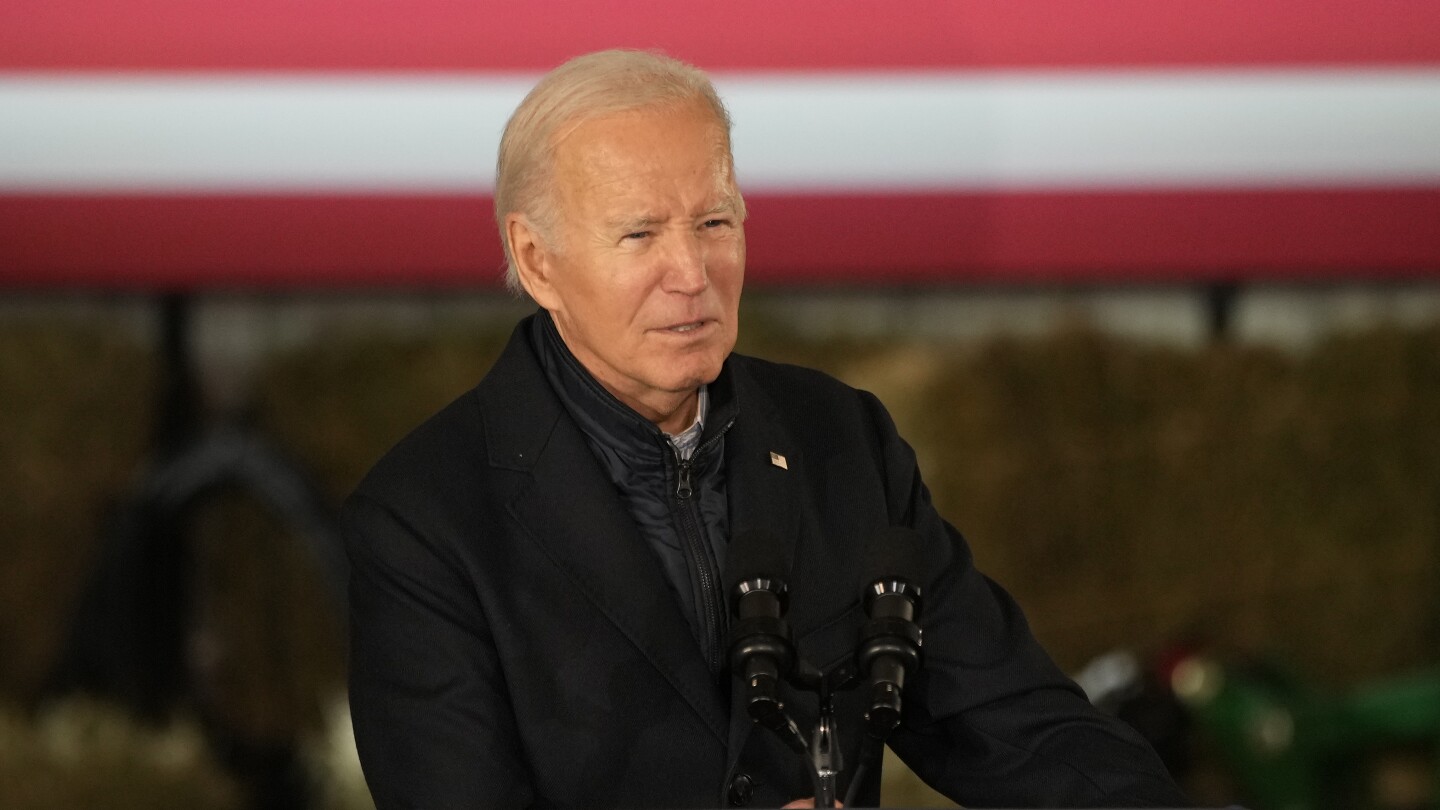President Joe Biden — perhaps the nation’s biggest Amtrak fan — is set to promote new federal investments for trains on the heavily trafficked Northeast Corridor.
The Democratic president is headed to Bear, Delaware, on Monday to announce more than $16 billion in new funding that will go toward 25 passenger rail projects between Boston and Washington, the White House says. Bear is located about 12 miles (20 kilometers) from Biden’s home of Wilmington.
His remarks will be held at the Amtrak Bear Maintenance Shops, where trains are maintained and repaired. The investments, the White House says, will help trains run faster, cut delays and create union jobs.



Why is decent rail service, like basic medical care, a contentious issue in the U.S.? Even this article casts shade by saying ‘Bear is located about 12 miles (20 kilometers) from Biden’s home of Wilmington.’ As if having access to public transportation is some kind of left wing elite privelege that no one else can utilize.
Because of capitalism and the US oil and car industry.
https://en.wikipedia.org/wiki/General_Motors_streetcar_conspiracy
Car companies successfully got out ahead of Adam Something and NJB viewers to conspiricize 15 minute cities
One part of the problem is that Congress has a rural bias, so there are a lot of rural Congresspersons who don’t see the benefit of better rail service so they won’t vote for it.
Because of Republicans.
America is about twice the size of all of Europe. Railroads were controlled by monopoly rich people. Once America became more industrialized, planes became a better cargo transit option. That and the interstate system made trucks an even better economical option. Railroads were not an option as they were expensive and land intensive(which also meant more money for acquiring land)
For medical care, the US government actually spends a bunch on healthcare on par with most other countries. Just that a majority of the monet will go to a bloated medical company into a billionair’s pocket before any of it applies to an individual.
So, extreme capitalism ruined both. Yet we have politicians and people who think we should push further towards a capitalistic way of running things…
Railroads are land intensive but somehow 27 lane highways aren’t? Also wait until you find out how expensive it is to maintain all of those highways…
Railroads have always been business owned. So acquiring land is expensive for them. Highways and interstates are government owned. So they just forced owners to accept the appraised value.
And for whatever reason you think we couldn’t do literally the exact same thing we did with highways to build nationalized rail?
I wish we did. It seems logical that railroads should be government run transit option.
California is as densely populated as Spain, which has an excellent high speed rail network, the northeastern US has densities comparable with Central Europe and the rest of the East coast is well within the ranges seen in western Europe.
the u.s. spends up to twice as much on health care, and doesn’t cover ‘as much’ or ‘as many’, as those other nations that have nationalized or ‘socialized’ health care programs.
US has an incredible number of railroads. They are freight-only.